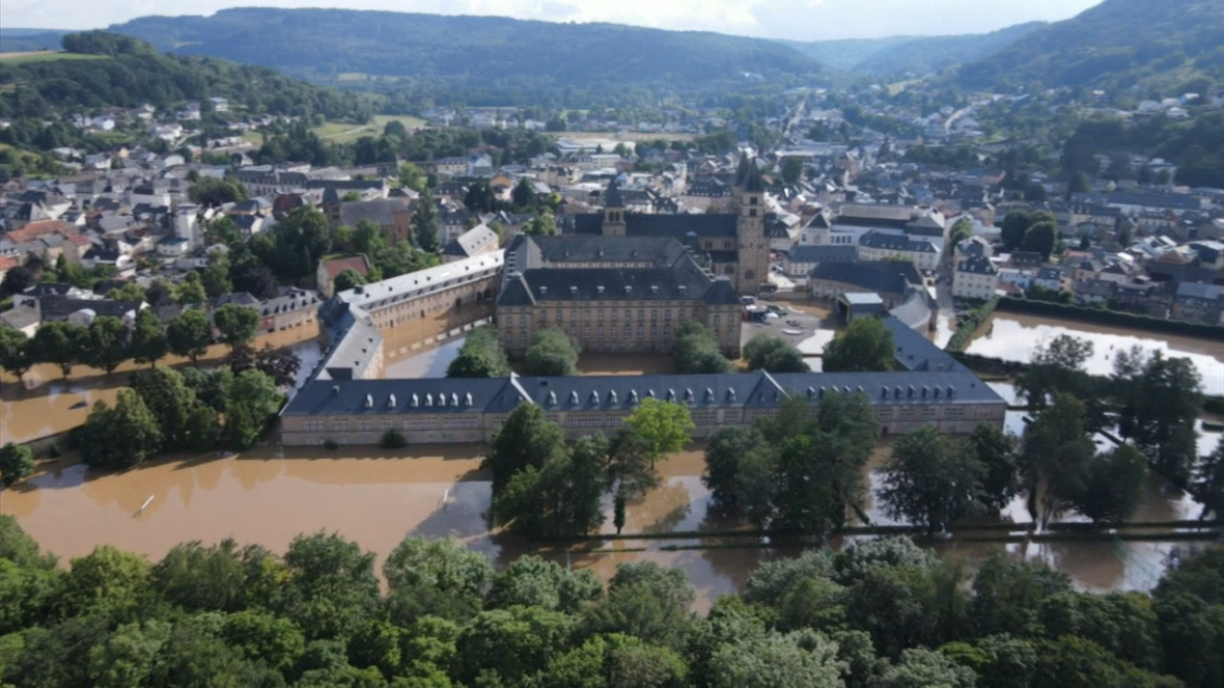
According to the latest UN calculations, the world is not at all on track to meet the 1.5°C climate benchmark, which would help avoid even more catastrophic effects of climate change, such as droughts, heatwaves, and torrential rains.
Current policies would lead to a “catastrophic” warming of 3.1°C over the course of the century, according to the United Nations Environment Programme (UNEP). Even if all promises for improvement are included, the global average temperature would still rise to 2.6°C.
Climatologist Dr. Andrew Ferrone points to recent natural disasters in Spain as clear evidence of climate change’s impact on Europe, including Luxembourg. Rising sea temperatures and warmer air are leading to higher humidity, while sea levels increase and glaciers melt. The floods seen in Luxembourg in recent years, are also tied to these changes.
Ferrone stresses that without substantial action, such as reducing emissions to reach net zero and aiming to keep global warming within the 1.5°C target, we can expect even more frequent floods and extreme weather events. While this goal may not completely halt these phenomena, he explains, it would help to mitigate their impact.
Watch the full report in Luxembourgish: